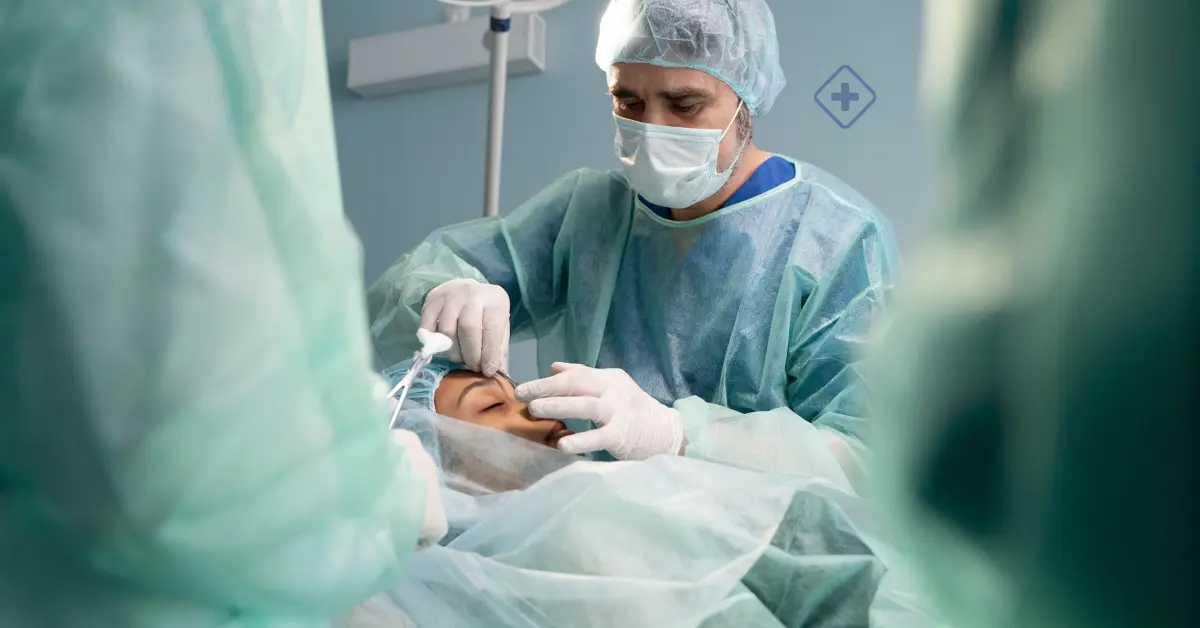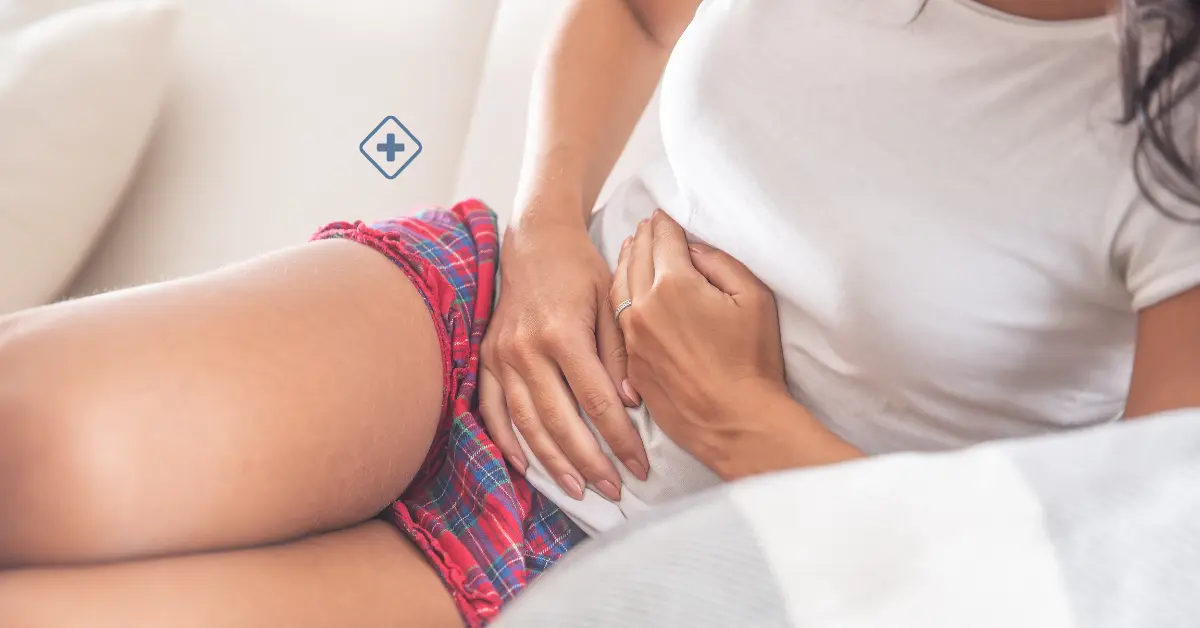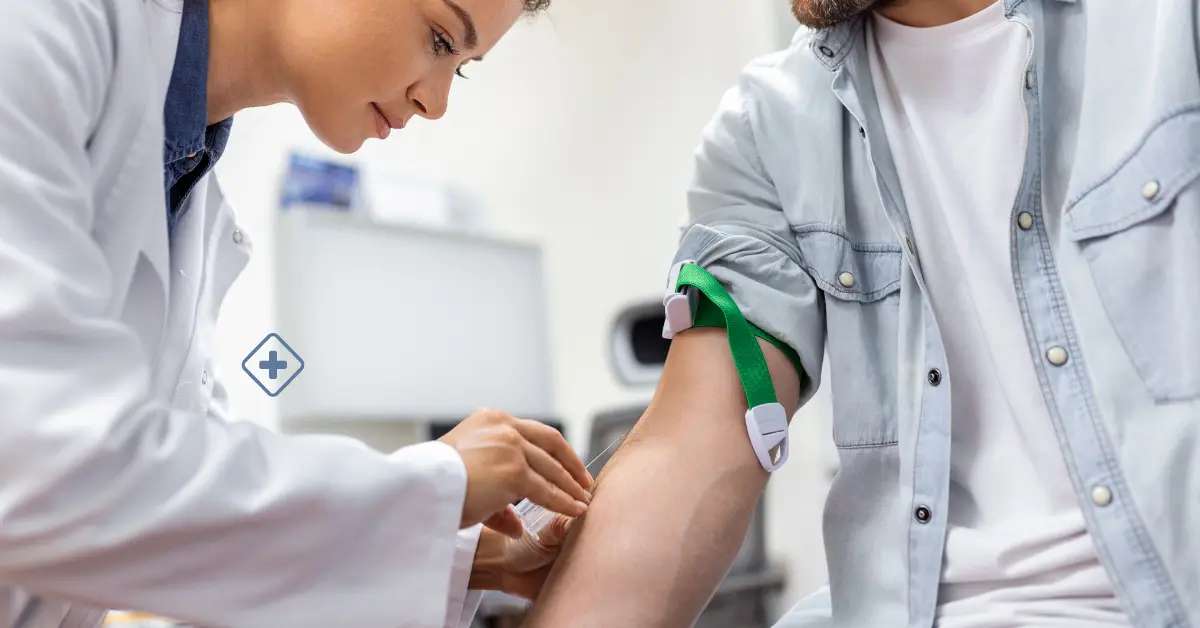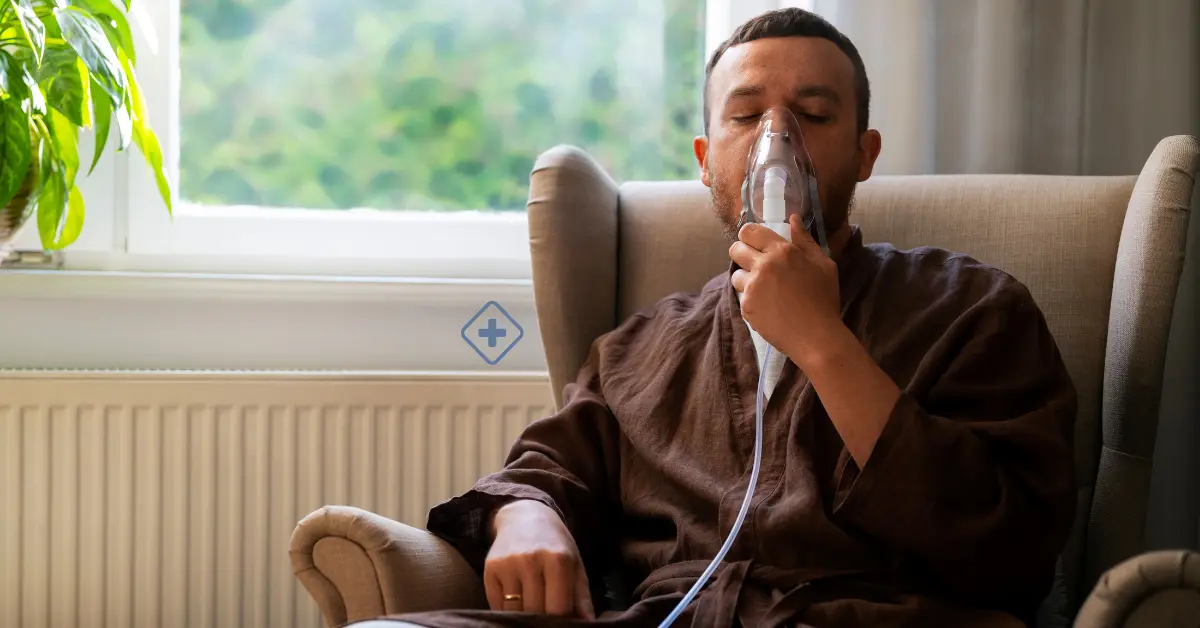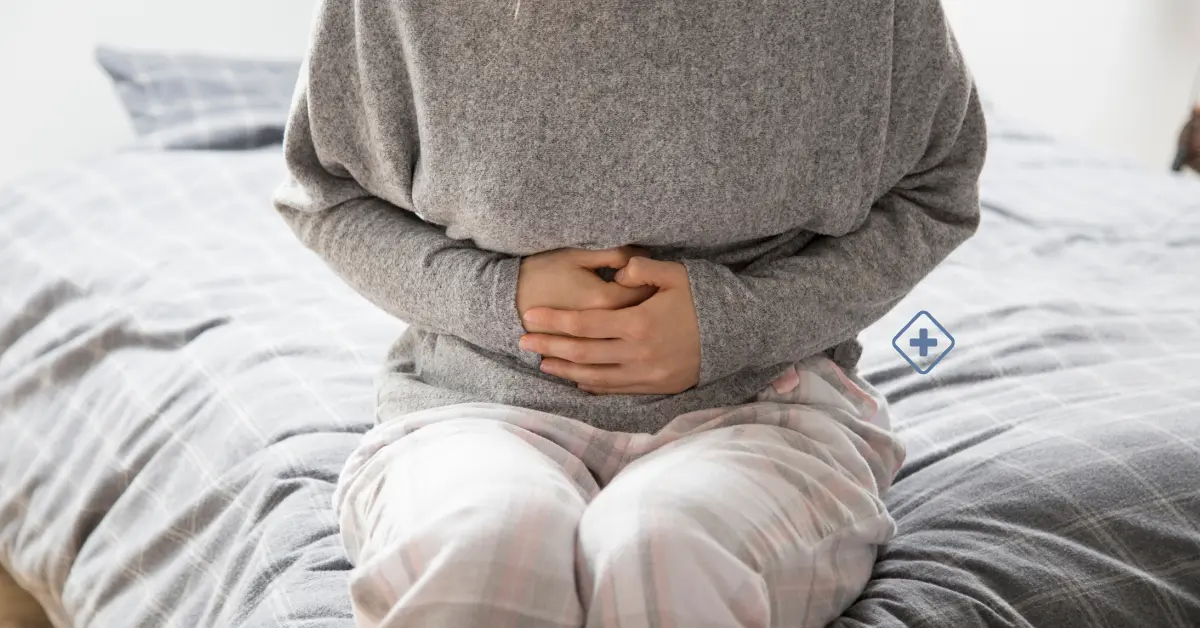
COVID-19 patient at home? What should You do?
What to do? When emergency medical care is needed? How you can prevent the spread of the COVID-19 virus?

Whether you have been diagnosed with COVID-19 or someone living in the house with you has tested Positive by PCR test for Coronavirus, other people living in the same house are exposed, so preventive measures should be taken to decrease the risk of infection.
It is essential to know what to do when emergency medical care is needed, and how you can prevent the spread of the COVID-19 virus if you take care of someone with this condition. Consider the following recommendations for proper care and attention.
Most people recover without needing hospital care; however, it is very important that if you have symptoms, you call your doctor to confirm whether you should stay in isolation at home or if you need to receive emergency medical care.
Treatment of Coronavirus at home:
If, after talking to your doctor on the phone and detailing your symptoms, he or she gives you an indication to recover at home because of mild symptoms, consider
-
Follow your doctor's recommendations about your care and isolation
-
Stay home in complete isolation, do not go out in public places, school or work. You could endanger the lives of the people there
-
Isolate yourself in a room alone and separate from other members living in the same house (eat your meals in there and if possible use a different bathroom than others).
-
Keep the windows of your room open for air circulation.
-
Do not use public transportation or shared transportation services.
-
Daily clean and disinfect surfaces and items with which you have frequent contact such as door handles, water faucets, light switches, cellphone, remote control, tables, chairs, etc.
-
Rest, this will make you feel better.
-
Stay hydrated; drink 1.5 to 2 liters of water a day, dehydration could make your symptoms worse or bring more health problems.
-
Wash your hands with soap and water for at least 20 seconds regularly.
-
Do not share towels, clothes, glasses, plates, or other such items with anyone else.
-
Avoid any contact with vulnerable people: pregnant women, children, people over 65 or living with diabetes, high blood pressure, lung disease, kidney transplantation, HIV, or cancer.
-
Keep your symptoms and signs under careful surveillance, take your temperature 3 times a day with your own thermometer.
-
Cover your mouth and nose with a tissue or the inside of your elbow when you feel a cough or sneeze.
If for some reason you have to leave the room for the common areas of the house:
-
Keep a distance of at least 6 feet from other people in the house.
-
Use your Face Mask at all times when you leave your room.
-
Let your caregiver and doctor know any warning signs such as difficulty breathing.
Alarm signs that require emergency medical attention:
If any or all of the following symptoms occur, it is a warning sign. Call 911 or the emergency number of a hospital that receives COVID-19 patients in your area immediately:
-
Difficulty breathing
-
Bluish lips or face
-
Pressure or pain in the chest
-
Confusion
-
Severe drowsiness
How can I protect myself and avoid getting infected if I am the one caring for a patient with COVID-19?
If you are caring for someone who has the COVID-19 virus, the World Health Organization (WHO) and the U.S. Centers for Disease Control and Prevention (CDC) recommend the following guidelines for your protection:
-
Help the person follow the doctor's directions for care.
-
Helps the person make grocery shopping, medication, or payments to keep the COVID-19 patient from leaving home.
-
Keep your doctor's phone number handy for any questions or emergencies.
-
Wash your hands frequently for at least 20 seconds with soap and water, especially if you were in a common area where the person with COVID-19 may have been.
-
Avoid touching your eyes, nose, and mouth.
-
Maintain a distance of at least 6 feet as much as possible from the sick person.
-
Use Face Mask if you are in the same area of the house that the infected person.
-
Use disposable gloves and Face Masks every time you have direct contact with the sick person and wash your hands thoroughly after removing the gloves and Face Masks. Do not reuse any of these supplies (read here, what is the correct way to use a Face Mask, and dispose of reusable ones).
-
Keep your home clean and disinfected daily, and if possible, avoid cleaning the sick person's room yourself.
-
Monitor your own health at all times.
-
Stay hydrated.
-
Sleep well.
Laundry handling:
-
Use disposable gloves for laundry
-
Don't shake your dirty laundry
-
Adjust the water temperature as high as possible
-
Dry your laundry, in a warm setting if possible
-
Cleans and disinfects laundry baskets
-
Wash your hands thoroughly at the end
Garbage management:
-
Throw disposable gloves and other potentially contaminated items into a bagged trash can
-
Wear disposable gloves when handling garbage bags
-
Wash your hands thoroughly after you finish
-
If possible, use a trash can with a dedicated bag for the sick person to put their gloves, tissues, and mouthpiece in
-
Before closing the bag, spray the garbage with a 2% chlorine solution.
Being a caregiver is not easy; seek emotional support if you feel you need it. Don't lose contact by calling or texting your family and friends, keeping them informed of your health status, and the person you are caring for at home.
Try to keep a good night's rest, as your stress and worry levels may be elevated because your loved one tested positive for COVID-19. Try to relax and focus your attention on activities you enjoy doing, such as reading, cooking, meditating, or watching a movie.
Taking care of yourself is also another way to support the sick person in your care. Your doctor will let you know when it is time to end the isolation at home.
And remember: Get tested!
Where can I get a test for COVID-19 in Los Cabos? Visit our link to find more information about it.
Why is COVID-19 testing important? COVID-19 testing will help you protect your family, your community, and yourself.
It will save lives!
Trending Topics
Coronavirus (COVID-19)
Trending Topics
Septoplasty
Septoplasty is a highly effective procedure for correcting a deviated septum
Ulcerative Colitis
Ulcerative colitis is an inflammatory bowel disease (IBD) that causes chronic inflammation.
Prostate-Specific Antigen (PSA)
The level of PSA in the blood can provide valuable information about prostate health.
Emphysema
Emphysema symptoms can be subtle at first but tend to worsen over time.
Health Library
Coronavirus (COVID-19)
- ¿Necesitas una cita con un Especialista?
- llámanos
- escríbenos
- Conéctate
